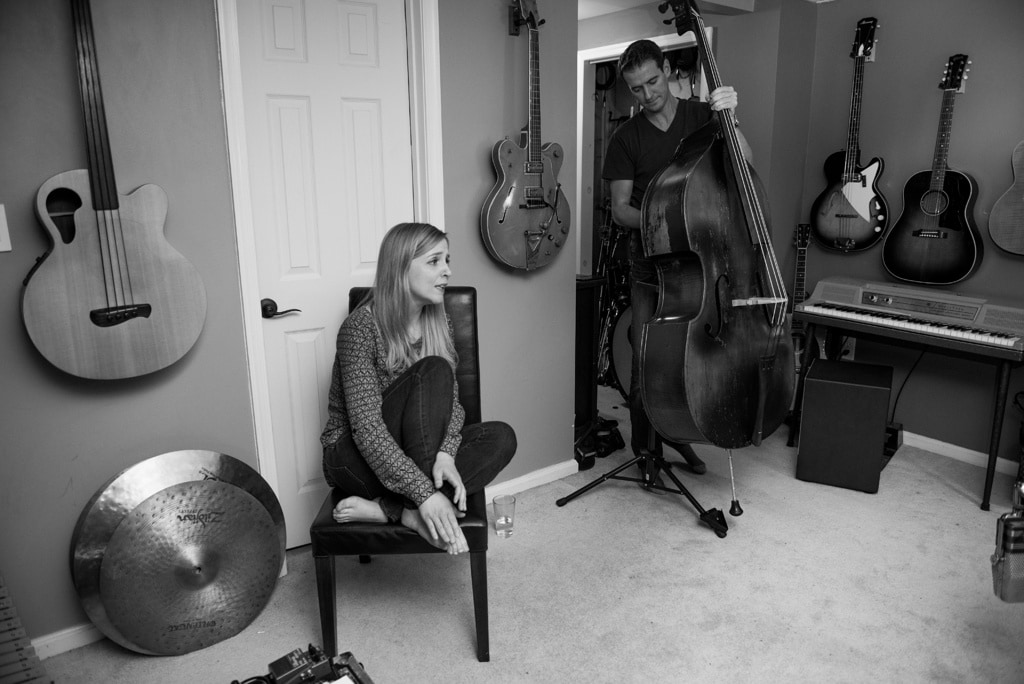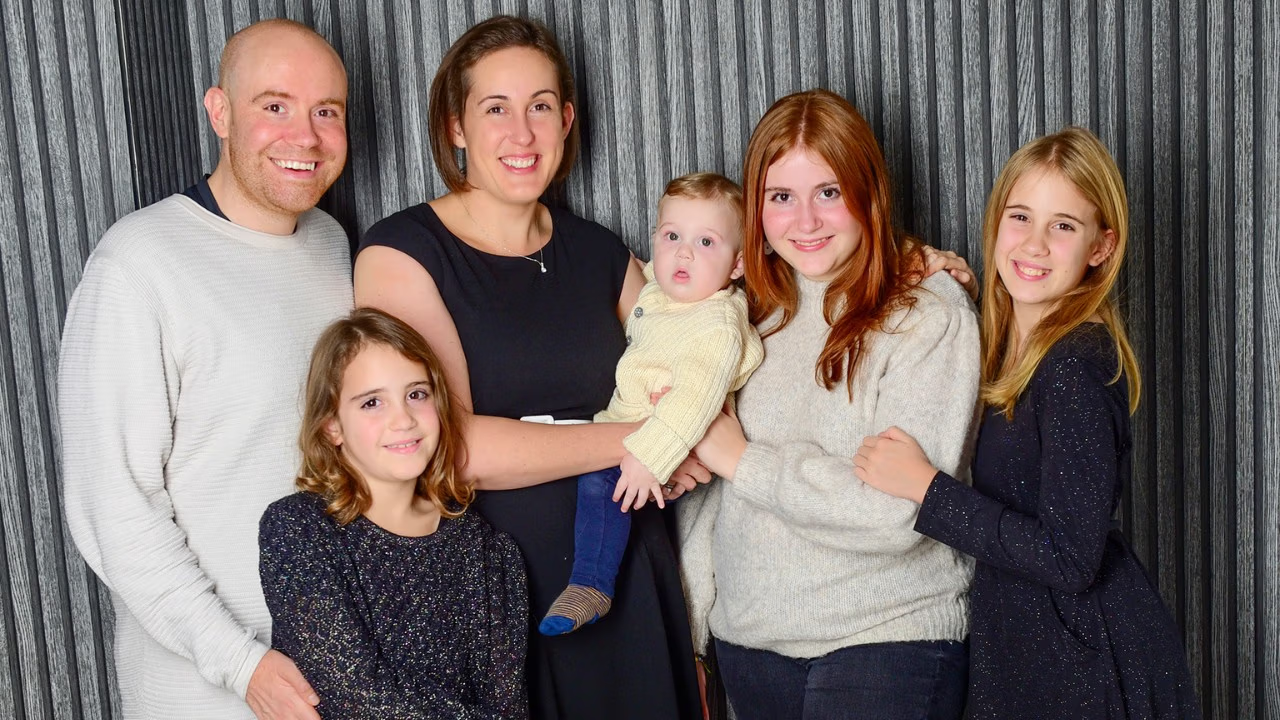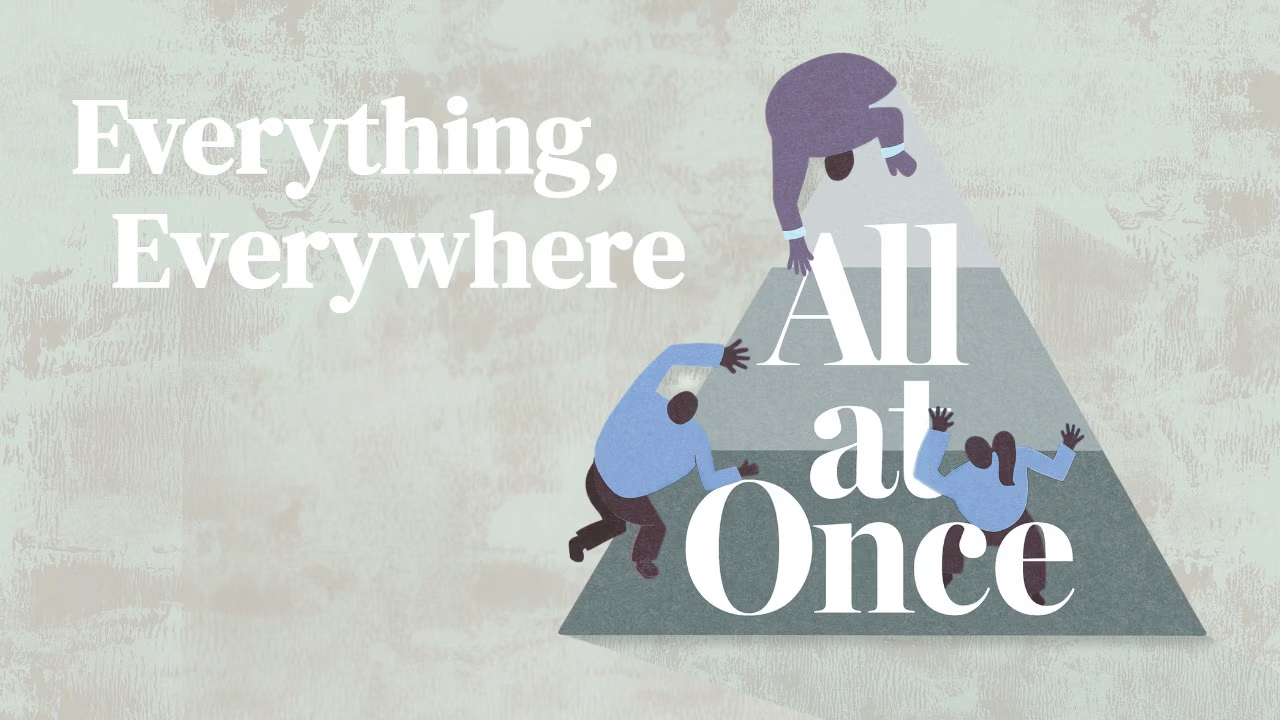MINNEAPOLIS, MN (February 27, 2018) – Most worship songs sung in church or for private listening are generally upbeat and focus on the joy of worshiping Jesus, but Rachel Wilhelm, director of worship arts at Crosstown Covenant Church, believes that communicates a truncated gospel.

Lament, Wilhelm says, also is a part of authentic worship. She recently released Songs of Lament, a collection of songs she has written. The album is available for free download during Lent through NoiseTrade. We talked with her about the role of lament in her life and in the church.
How would you define lament?
Lament is a crying out to God in complaint that something is not right and needs to be righted. In its very action, lament is a step of faith. It is saying, “God, you are present. God, you are real. God, you are the only one that can fix this. God, I know you want to hear me.” Lament is therefore an act of hope in crisis.
Lament is all over the Bible. All our prophets lamented. Many of them had no one else to go to but God Himself. About 40 percent of the Psalms are straight-up lament, and if we count the Psalms that have laments sandwiched within them, we go up to 70 percent. That’s a lot of lament!
Those who have no hope do not go to God. They think God does not hear them. This is despair.
Why do you think lament is important for Christians to do?
Christians have a habit of thinking Sunday morning worship is a vacation from the hardships of the week. Or they think God only wants thanks and praise, so bringing our sorrows, griefs, and cries for justice to God are not appropriate. Scripture shows us the opposite in the Psalms.
We should lament to be comforted, bear one another’s burdens, be vulnerable and experience intimacy with God, know the character of Jesus—the Man of Sorrows—be honest with God about our own sins, seek healing, remember God’s goodness, and recover joy.
Not only is lament encouraged individually in scripture, it is also encouraged corporately since the Psalms are the hymnbook of the Bible. Jesus lamented. I was sure to put in my rendition of Ezekiel 16 on my album where God laments his adulterous bride to show that God laments too. “The Woes” is based on Habakkuk 2:19-20, in which he laments Israel’s idolatry.
What prompted you to write these songs? Did you set out to write a series of laments?
I’ve always set out to write laments. I just never knew I would have the courage to ever do anything with them. I’ve been putting tunes to laments in the Bible since I was a young girl. I have songs on the album that originated from the 1990s all the way up until now.
God has fashioned me to find healing in the sadder, more emotionally honest parts of Scripture. The last half of the album was prompted by a Habakkuk Bible study I was going to in 2015. We were asked to memorize key parts of Habakkuk, and I knew that if I didn’t write a tune to the words, I would be toast. It was a wonderful time for me of really diving in to the hearts of Habakkuk and God. The goal was to make the tunes true to the text—some stark, some mysterious, some accusative, some intentional joy.
I’ve also had a lot of unfortunate things happen to bring on lament in my life. One of them was the death of my sister in 2010. She died of anorexia. Lament truly started personally at that time in my life. Then when I was diagnosed with fibromyalgia, I was confused and upset, not wanting to accept it, thinking it would go away. I still go through that. Expecting to be healthy all the time is a bad habit, it seems.
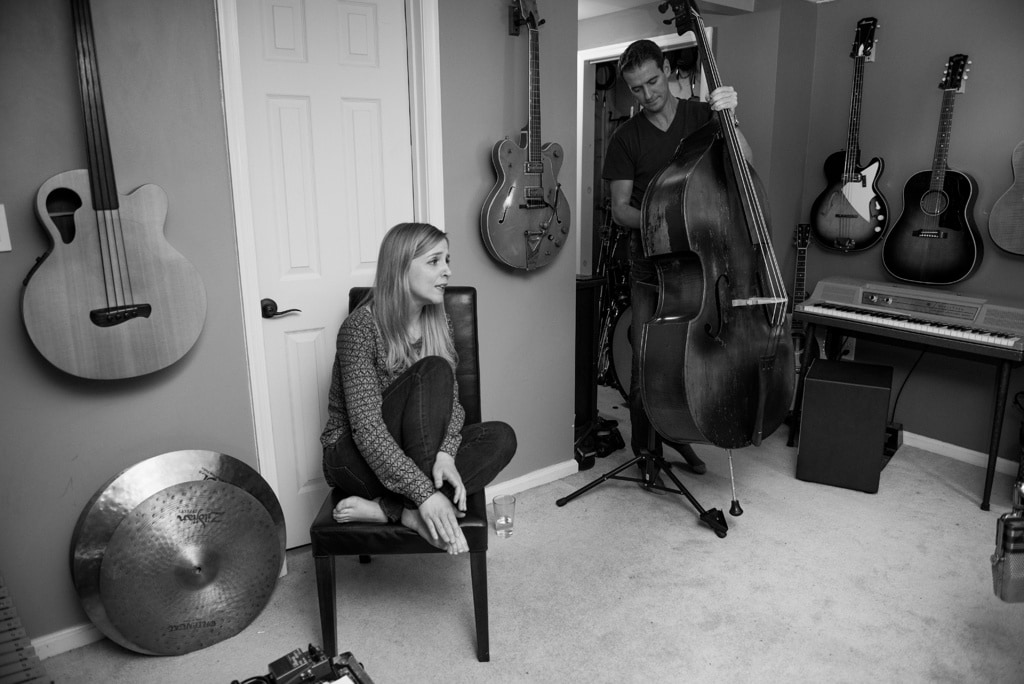
Is there a particular reason you chose to focus on Psalms, Habakkuk, and Jeremiah?
Because lament is so widespread in the Psalms and Jeremiah is the weeping prophet, I was naturally drawn to those parts of scripture. They inspire me much more than any other parts of the Bible. I love honesty, and there is something very beautiful about truth, poetry, and sorrow making peace with one another in the words of the Psalmist or Jeremiah or Habakkuk. The book of Habakkuk is actually so very small that I barely noticed it until I had a study on it.
Are there songs on Songs of Lament that are particularly good for congregational worship?
Yes, I think a handful are. They would need to be in an appropriate time during the service set aside to lament. “Have Mercy Now on Us” is a good Ash Wednesday song and would work for a Kyrie. “Psalm 13” has been used in a way so that women sing the first half of the verse, men sing the second, and they come together at the chorus. “Out of the Depths,” “My Heart Is Faint,” “Habakkuk’s Call,” “I Will Take Joy,” and “You Watch Me” can all be used corporately in some way for congregational worship. I would encourage each worship team to apply their own style to the songs themselves because every congregation is different and the recordings are there to inspire, not instruct.
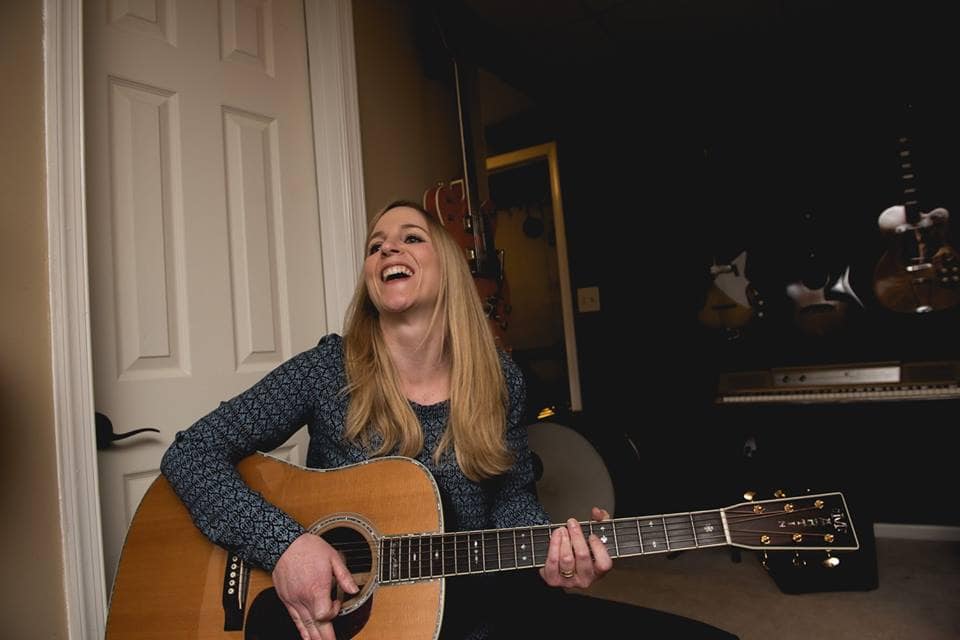
You used a Kickstarter campaign and other fundraising to help pay for the production of your album, but you also had an unusual offer for contributors.
I used to have a soap business, and I’ve been making soap for 16 years. My husband said, “Make soap. If you tell people they can get soap with every donation, they will help.” I would record in February 2017 during Lent, and I would pay for half of the record at that time. My producer and engineer agreed to this arrangement. So I had a deadline to get half the money raised, and that was about $8,000. Christmas was coming so I decided to use that as part of the sales pitch. I calculated that meant I would have to make 936 bars of soap, so I had to make so many per week in the month of October and part of September to make it happen.
Every single bar went. And I had all the energy to do it. It was completely supernatural. God provided the time, the energy, the help, the stamina, and the donations. In addition to that, a few key friends donated large amounts telling me that God specifically told them to. I cried a lot. The whole thing was this miraculous step of faith. More faith than I had, but God provided even the faith!
The project was completely funded on Good Friday of 2017. How amazing is that? I sat back in my chair, shocked at God’s amazing storytelling. All I could think was that on Good Friday Jesus said, “It is finished.” And he told that story again through my experience.
Wilhelm previously recorded “A Kindling Glance,” which also is online.


